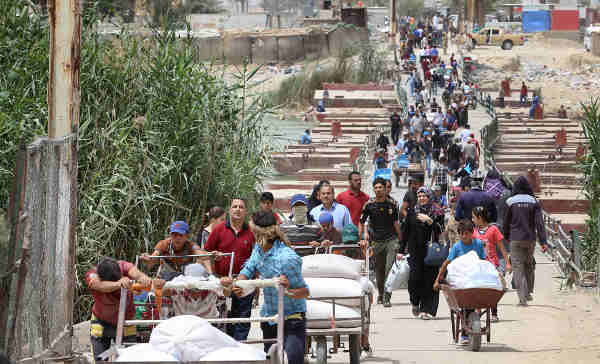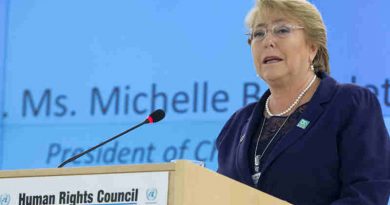Global Economic Impact of Terrorism: $89.6 Billion

The total number of deaths caused by terrorism decreased by 10% to 29,376 in 2015, according to the Global Terrorism Index (GTI) 2016, reversing a four-year upward trend.
The military interventions against ISIL (Islamic State) and Boko Haram have resulted in a 32% reduction in deaths in Iraq and Nigeria, which contributed to an overall reduction in the global figure.
However, while ISIL and Boko Haram were weakened at home, these organisations spread to other countries, increasing the impact of terrorism in the rest of the world and contributing to a 6% deterioration in this year’s overall GTI score.
The yearly report (released today), developed by the Institute for Economics and Peace (IEP) based on the Global Terrorism Database by the National Consortium for the Study of Terrorism and Responses to Terrorism (START) as well as other sources, provides global terrorist trends.
It finds that at the global level, the number of countries registering their highest number of deaths in 2015 rose to 23, six more than the previous high of 17.
Countries experiencing very significant deteriorations in their GTI score include France, Turkey, Saudi Arabia, Kuwait and Tunisia.
This led to large changes in rank from the previous year and accounted for the overall deterioration in the global GTI score as these falls outweighed the improvements in Nigeria and Iraq.
ISIL and its affiliates more than doubled the number of countries in which they were active jumping from 13 in 2014 to 28 countries in 2015, including many in Europe.
This resulted in a record number of countries experiencing their highest levels of terrorism in any year in the past 16 years. Boko Haram’s extension into neighbouring countries Niger, Cameroon and Chad increased the number of people killed through terrorism in these three countries by 157%. This led to Cameroon and Niger rising to 13th and 16th respectively in the GTI.
“This year’s GTI report highlights the most complex set of dynamics in global terrorism in the last 16 years,” said Steve Killelea, executive chairman of IEP.
In OECD countries, ISIL’s transnational tactics in combination with lone actor attacks inspired by the group contributed towards a 650% increase in the number of fatalities.
Twenty-one of the 34 OECD countries experienced at least one attack, with the majority of deaths occurring in Turkey and France. Denmark, France, Germany, Sweden and Turkey all recorded the most deaths from terrorism in a single year since 2000.
More than half of the 577 deaths were in connection to ISIL, whose attacks in Paris, Brussels and Ankara were amongst the most devastating in the history of these countries.
Within OECD countries, the report finds that socio-economic factors such as youth unemployment, levels of criminality, access to weapons and distrust in the electoral process are the most statistically significant factors correlating with terrorism.
In developing countries, a history of conflict, levels of corruption and group-based inequalities are most significantly correlated to terrorist activity.
The global economic impact of terrorism reached US$89.6 billion in 2015: Iraq suffered the highest economic impact from terrorism, reaching 17% of its GDP in 2015.
The five countries with the highest total impact from terrorism are Iraq, Afghanistan, Nigeria, Pakistan and Syria. These five countries accounted for 72% of all deaths from terrorism in 2015.
Operating within these countries are the four deadliest terrorist groups that are responsible for 74% of all deaths from terrorism: ISIL, Boko Haram, the Taliban and al-Qa’ida.
ISIL surpassed Boko Haram as the deadliest terrorist group in 2015 through attacks in 252 different cities that were responsible for 6,141 deaths.
The full GTI report and interactive map are available here.





